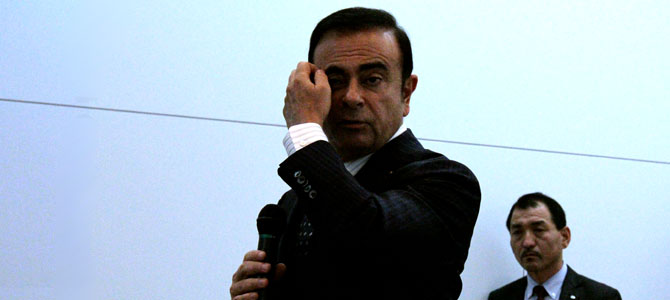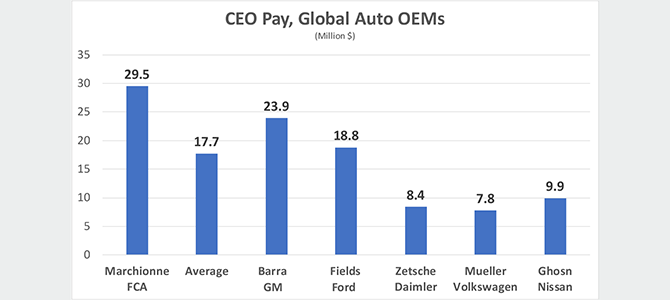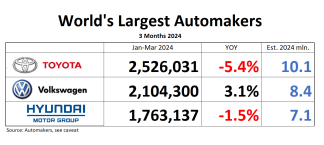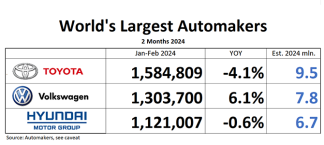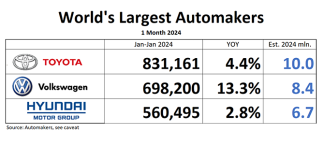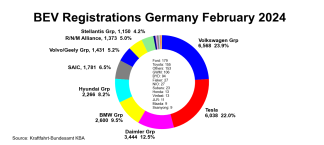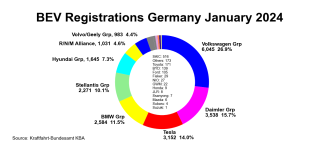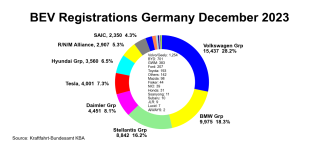On day two of the Yokohama palace rebellion, Carlos Ghosn and his confidante Greg Kelly are still in jail. No new facts have been revealed, but there is a torrent of leaks. The Kyodo wire (via Japan Times) says that Ghosn used houses owned by Nissan in the Netherlands and three other countries, “without reporting that benefit as part of his income,” bolstering yesterday’s suspicion that the “significant acts of misconduct” come down to simple perks that came with the many jobs of Ghosn.
With that, it could hardly have been the big surprise revelation it was made out to be. Houses in foreign lands rarely are built without the knowledge of the company that owns them. According to the Nikkei, homes were also bought by Nissan for Ghosn in Rio de Janeiro and Beirut.
According to Kyodo, “prosecutors believe the costs shouldered by Nissan should have been reported in securities reports as part of the remuneration he received from the company.” Again, it most likely is the company that files the securities reports, not the individual.
Nissan is not as innocent as it acted at yesterday’s press conference. According to the report, “prosecutors and Nissan officials have struck a plea bargaining agreement,” while Ghosn and Kelly were first kept in the dark, and then sent as lambs to the slaughter. Over the past months, there was persistent talk of a complete takeover of Nissan by Renault. With Ghosn in jail, that takeover has become highly unlikely.
That CEOs are showered with expensive perks that don’t show up in the payroll is common practice. Interestingly, it has been Nissan that documented this practice again and again. It is a company tradition that at each annual stockholder meeting of Nissan, a chart is distributed among the attending reporters. The chart shows what big carmakers have to spend to keep their CEOs motivated. Last year, Nissan’s chart, compiled by the Willis Towers Watson consultancy, showed Fiat Chrysler’s Sergio Marchionne topping the list with $29.5 million, while FCA reported only $12 million to the Securities and Exchange Commission. Nissan did not call for his arrest.
When I wrote about the handout in Forbes last year, a livid FCA didn’t sue Nissan for slander either, but instead took it out on me. FCA’s HR chief Michael Keegan sent an angry letter (here for your reading pleasure) to Forbes, which immediately folded, took down the story without consulting me (the story has been preserved here), and wrote a completely opposite version which I was supposed to publish under my own name. When I refused to publish garbage, matters turned sour, and I was eventually fired.
